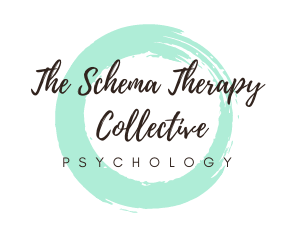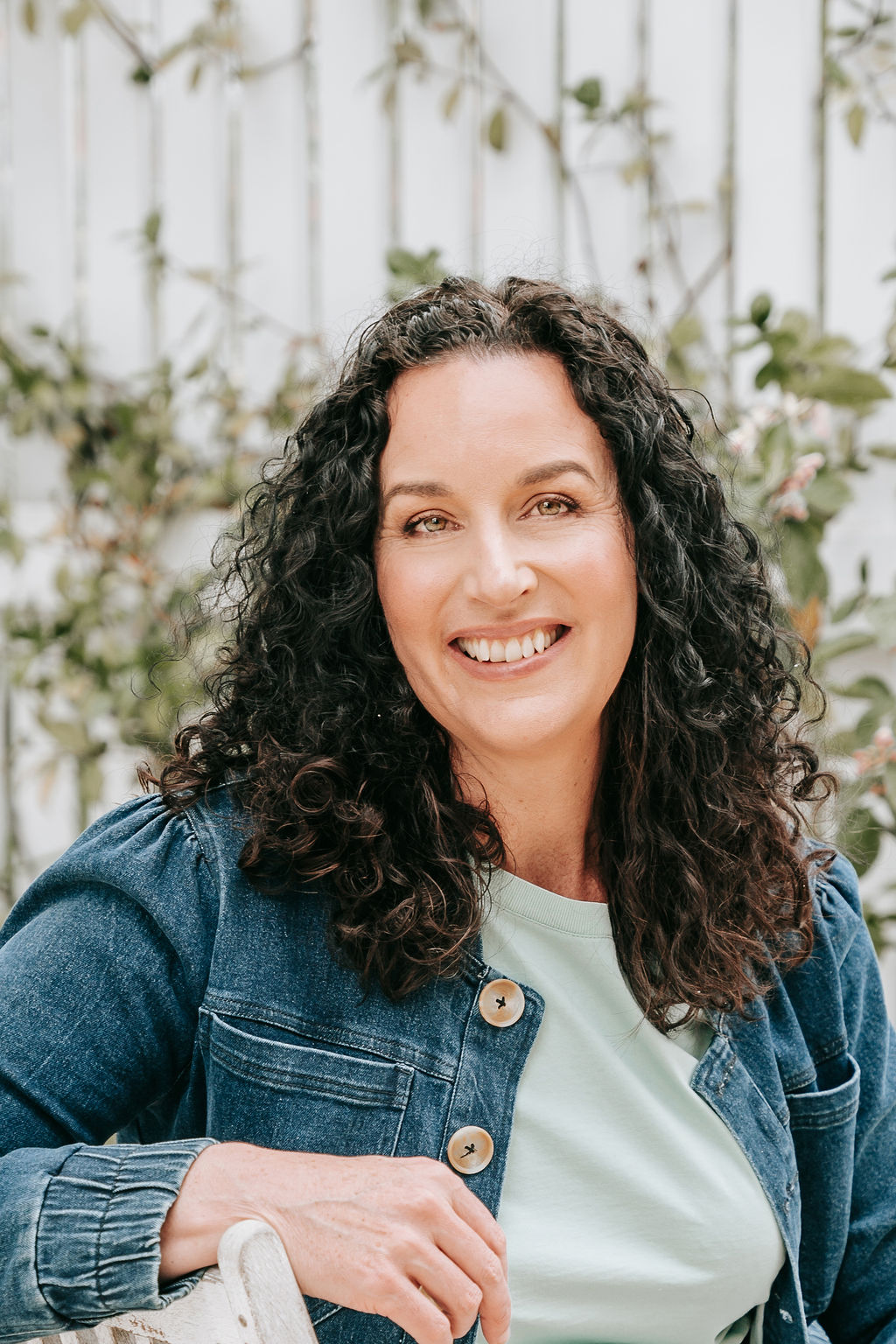Learning how to identify what you need emotionally can be hard. Especially if you have been cut off or dissociated from your needs for a long time. This is often the case when we have been using our coping modes a lot or all of the time. If you find knowing what you need hard, I recommend you make a list of what little you is most likely to need based on your schemas. In this article, you will find suggestions for the typical needs related to your schemas. Keep your list of needs on your phone and check it regularly throughout the day and especially if you are feeling anxiety, tiredness or any other distressing emotions.
Having these needs on hand can help as you build your Healthy Adult part and use it to take care of your vulnerable part (little you). If you have trouble remembering that little you exists, having a photo of little you on your phone wallpaper screen or easily accessible in a wallet can help remind you that little you is always there with you.
Typical emotional needs you may like to add to your list:
If you have schemas related to your attachment needs (emotional deprivation, abandonment, mistrust/abuse, defectiveness/ shame, social isolation/alienation) little you will likely need:
Nurturing, support, acceptance, safety, validation of worthiness and loveableness, love, kindness, compassion and empathy.
If you have schemas related to expressing feelings and needs (subjugation, self-sacrifice, approval seeking) little you will likely need:
Validation of feelings and needs as normal and important, encouragement to express feelings and needs, reassurance that you aren’t little anymore and are free to express yourself and do what you want, support to hold boundaries with people , reassurance that people are unlikely to retaliate in the way little you predicts.
If you have schemas related to autonomy, competence and sense of self (vulnerability to harm and illness, failure, incompetence/dependence, enmeshment) little you will likely need:
Praise, noticing capabilities and strengths, encouragement, support, optimism, positive feedback, having choices and discovering unique preferences and likes
If you have schemas related to limits and self-control (entitlement, insufficient control/self-discipline) little you will likely need:Guidance, limits with consideration of consequences , self-control and ways to healthily meet your need for freedom.
For entitlement schema, learning how to be equal with others, reciprocal in relationships and develop intimacy is very important .
If you have schemas related to spontaneity and play (unrelenting standards, punitiveness, negativity/pessimism, emotional inhibition) little you will likely need:
Encouragement to rest, have fun, play, be creative, spontaneous and relax. Permission to be imperfect and make mistakes. Encouragement to be spontaneous, show emotions. Hope and optimism.
With continued practice, you will automatically check in with little you and know what you need. Working with your therapist to reduce the impact of you inner critic and to build your Healthy Adult mode is also important.


